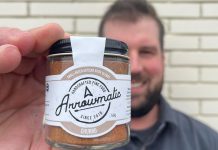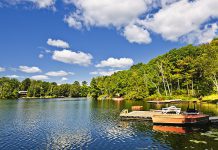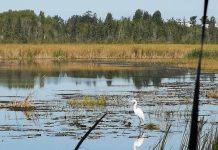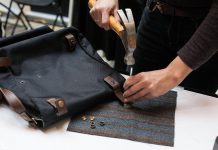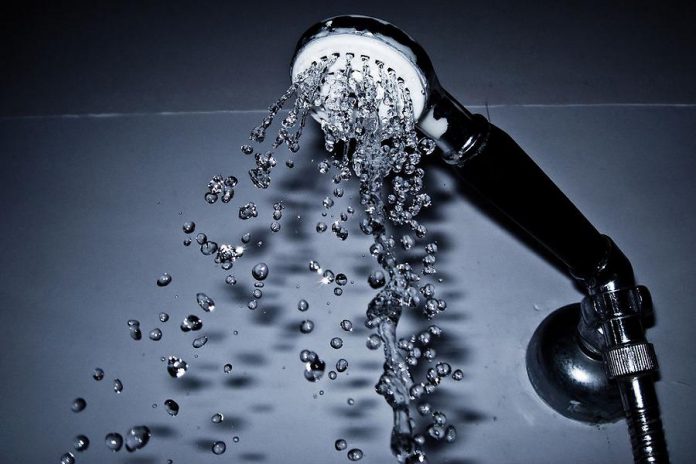
Those who live in Port Hope recently got a lesson on the importance of water, and why we shouldn’t take it for granted.
As the onslaught of below normal temperatures continued for weeks on end, the town’s water treatment facility felt the effects. An intake pipe that extends into Lake Ontario became clogged with ice, preventing the flow of water from the lake from reaching the facility. The result was a steady decrease in the amount of water being pumped in until eventually no water was available at all.
Port Hope Asked to Conserve Water as Municipality Works to Resolve Frozen Water Intake Pipe… http://t.co/FsvKodRqYd
— MunicipalityPortHope (@PortHopeInfo) February 16, 2015
The result of the water woes was the town declaring a state of emergency and asking residents to cut their usage to essential uses only. According to local media reports, at one point there was only a 10-hour supply of water left.
Thankfully for town residents, the frozen intake pipe was quickly resolved and water began to flow normally again.
The water emergency in Port Hope just goes to show you how heavily we rely on water and how we would be in serious trouble if, suddenly, clean and safe water was taken away from us. There isn’t an infinite supply of fresh, potable water — so it’s important we conserve it.
As Canada Water Week approaches, running March 17 to 23, now is a good time to consider ways we can all work towards using less water, and making smarter choices about the water that we do use.
We should all focus on conservation.
Let’s start inside the home. Many homes have dishwashers, which consume a lot of water during their operation. The same can be said of washers, but both appliances can be used more efficiently. Running the dishwasher only when it’s full and doing full loads of laundry on the cold cycle are the easiest ways to use less water.
Outside of water-dependent appliances, the plumbing that supplies the water in our homes can also waste it if not properly maintained. Leaks are a major cause of water consumption in the average home, especially if they’re undetected.
Speaking of leaks, a leaking toilet can use a significant amount of water over the course of a day, and you may not even know it’s leaking. One of the easiest ways to check for a leaking toilet is to add some food coloring to the toilet tank and wait about 20 minutes. If coloring appears in the bowl, you have a leak that should be fixed as soon as possible.
Here are just a few ways to conserve water both indoors and outdoors.
- Don’t use the toilet as a wastebasket or flush it unnecessarily.
- Take shorter showers, around five minutes. If you prefer baths, fill the tub only one-quarter full.
- Keep a bottle of drinking water in the refrigerator rather than letting your tap run to get cold water when you want a drink.
- More than 50% of the water applied to lawns and gardens is lost due to evaporation or run-off because of overwatering. Find out how much water your lawn really needs. As a general rule, most lawns and gardens require little more than 2 to 3 centimeters (1 inch) of water per week.
- When washing a car, fill a bucket with water and use a sponge. This can save about 300 litres of water.
Replacing a shower head – Water Use It Wisely
Several municipal partners have come together in the U.S. to create a website where you can conduct your own household water audit. Wateruseitwisely.com allows you to answer several questions about your current water usage, and gives you a score and feedback for improvement.
There are also many products available on the market that can help reduce your water usage. These include faucet aerators, low-flow showerheads, toilets and irrigation products. Many of these products come with a “Water Sense” label, so you can quickly and easily identify that they are truly capable of reducing the amount of water that you use.
One of the largest uses of water isn’t within the home at all, but outdoors on lawns and gardens. Throughout the spring and summer, we collectively use hundreds of thousands of litres of water ensuring we have the greenest lawn and healthy gardens. A simple and easy way to reduce your outdoor water usage is to purchase a rain barrel.
It’s clear that water is one of our most important natural resources and we must do whatever we can to preserve, conserve and protect it.














